How to Pay Down Your Mortgage Fast
Hibu Websites • April 20, 2020
How to Pay Down Your Mortgage Fast
It's well known that buying a house is the most important step you can take to build up lasting wealth in your life. Our first home is one of the biggest investments we will make, and can pay off in a big way as its value accumulates over time. Of course, buying a house and paying it down is not a straightforward process.
In the end, your ability to pay off your mortgage comes down to the rate you are able to get, and the strategies you employ to meet your mortgage payments. Read on to get some helpful tips for both.
How to Get a Good Rate
Home ownership involves careful financial management and responsibility. If you are fortunate enough to have a very strong credit score then mortgage companies in Florida, or anywhere in the country, will be apt to give you an enticing rate. However, if your credit score is less than ideal, it is likely that you will not get the best possible rate.
Bad credit is an extremely common reality for countless Americans. There is no shortage of ways that you can damage your score, some of which many people may not even be aware of. Here is a comprehensive list so you can be sure of exactly what situations to avoid to protect your credit score:
- Loan defaults: Loans can be famously challenging to repay, particularly if you are hit with high interest rates and large monthly payments.
- Sizeable balance on credit cards: Credit utilization is very heavily weighted by the agencies that dictate credit scores. As a result, it is advised that people try to keep their credit usage below 30% at all times, else their scores will suffer.
- Foreclosures: This is an issue that can hit people who are already homeowners. Foreclosures occur when homeowners fall too far behind on their monthly or semi-monthly mortgage payments.
- Having a creditor send your account to a collector: If you neglect to make a payment toward a creditor in the time they allotted, odds are they will send that account to collection. Having debt marked as in collection can be harmful to your credit.
- Missed payments: Paying your credit card bills on time is crucial to maintaining a healthy score. Late payments, particularly repeat offenses, can wreak havoc on your score.
- A written off account: One of the quickest ways to destroy your credit score is to have an account get charged off or written off. These terms refer to creditors assessing that an active line of credit is at high risk of never being paid back. When this happens, creditors cease offering credit and credit reporting agencies are notified that the account has been charged off. This is absolutely devastating to a score and will take a long time to recover from.
- A short credit history: There are two ways to shorten your credit score: apply for too many new accounts, and close an old one. You should make sure to adequately space out new credit card applications so that your average duration of credit history stays long enough. Closing an account also serves to shorten this moving average, and should thus be avoided.
- Insufficient diversification of credit: One of the lesser-known factors in credit scores is diversification. If you have only one type of credit in your file -- just credit cards, or only loans -- your score will be adversely affected.
- Bankruptcy: This one really goes without saying. If you file for bankruptcy, your credit score will be dramatically reduced for years to come. Bankruptcy remains on your record for seven years. That is a long time to spend rebuilding your score and should be avoided at all costs.
Payment Strategies
Maintaining a good credit score in order to secure a good rate is only part of the battle, however. There is still the matter of actually paying the charges, which can pose a challenge even with the mildest of rates. Fortunately, there are some strategies you can use to get your mortgage paid down as quickly and efficiently as possible.
Switch to a bi-weekly payment system: While you may be tempted to keep your cash in your pocket and pay your mortgage as infrequently as possible, bi-weekly payments will make a big difference in the speed at which you can pay the debt off.
Pursue a mortgage refinance: Refinancing your mortgage down the line can be a huge boon to your financial future. If you can, take advantage of a market with competitive rates, or new rates that become available as your credit score improves.
Paying your mortgage
doesn't need to be stressful. Do your research and give yourself plenty of time; after all, the average loan process takes about two months from start to finish. If you properly prepare your credit score and take the necessary steps to pay the debt down, you can learn to control your mortgage rather than letting your mortgage control you.

Last year, the Federal Reserve took action to try to bring down inflation. In response to those efforts, mortgage rates jumped up rapidly from the record lows we saw in 2021, peaking at just over 7% last October. Hopeful buyers experienced a hit to their purchasing power as a result, and some decided to press pause on their plans.

It doesn’t matter if you’re someone who closely follows the economy or not, chances are you’ve heard whispers of an upcoming recession. Economic conditions are determined by a broad range of factors, so rather than explaining them each in depth, let’s lean on the experts and what history tells us to see what could lie ahead. As Greg McBride, Chief Financial Analyst at Bankrate, says:

During the pandemic, second homes became popular because of the rise in work-from-home flexibility. That’s because owning a second home, especially in the luxury market, allowed those homeowners to spend more time in their favorite places or with different home features. Keep in mind, a luxury home isn’t only defined by price. In a recent article, Investopedia shares additional factors that push a home into this category: location, such as a home on the water or in a desirable city, and features, the things that make the home itself feel luxurious.

There’s no doubt today’s housing market is very different than the frenzied one from the past couple of years. In the second half of 2022, there was a dramatic shift in real estate, and it caused many people to make comparisons to the 2008 housing crisis. While there may be a few similarities, when looking at key variables now compared to the last housing cycle, there are significant differences.

If you’re thinking about buying or selling a home soon, you probably want to know what you can expect from the housing market this year. In 2022, the market underwent a major shift as economic uncertainty and higher mortgage rates reduced buyer demand, slowed the pace of home sales, and moderated home prices. But what about 2023?
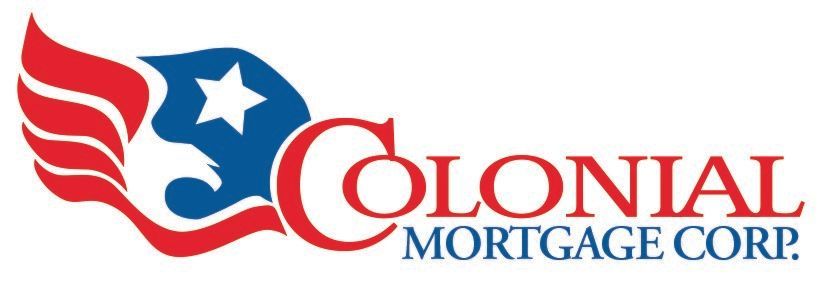
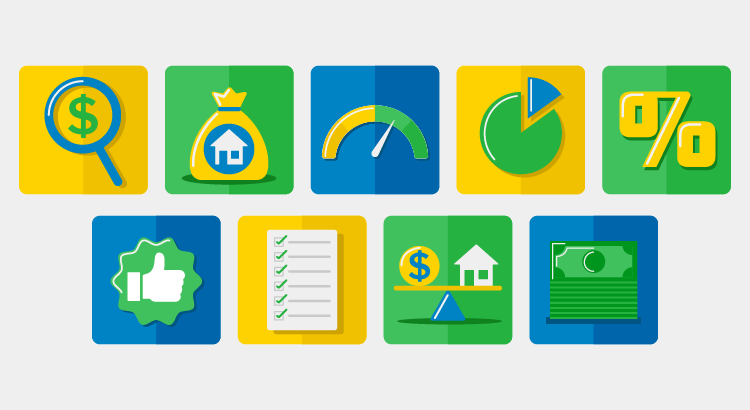
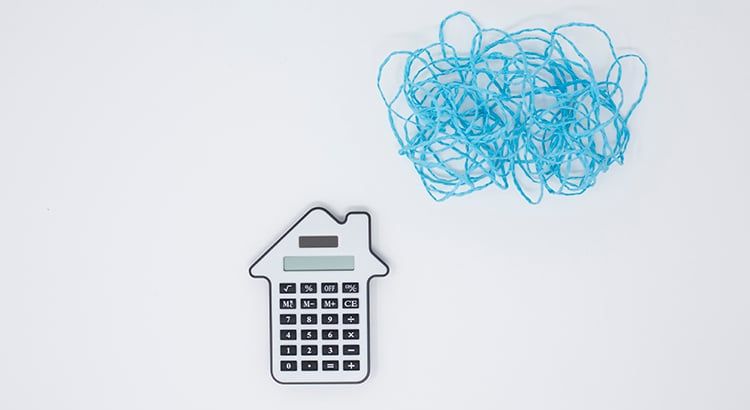
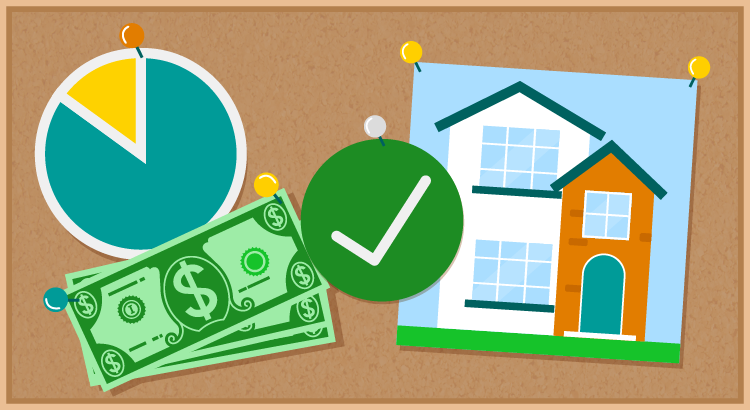


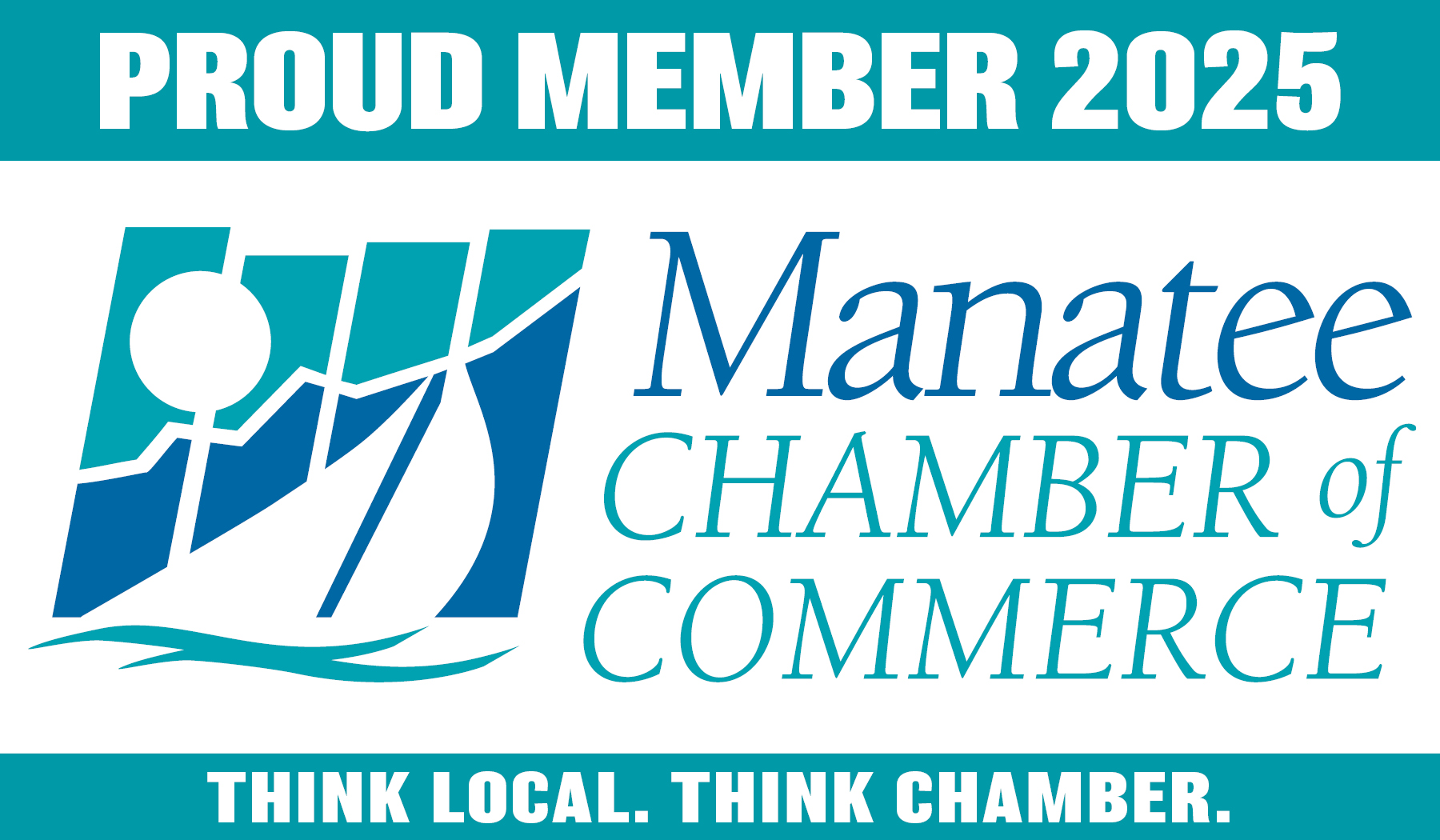
Share On: